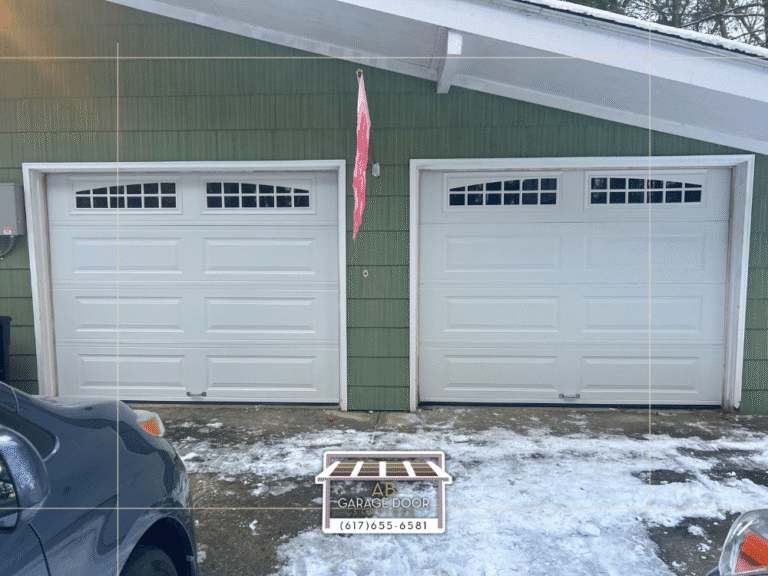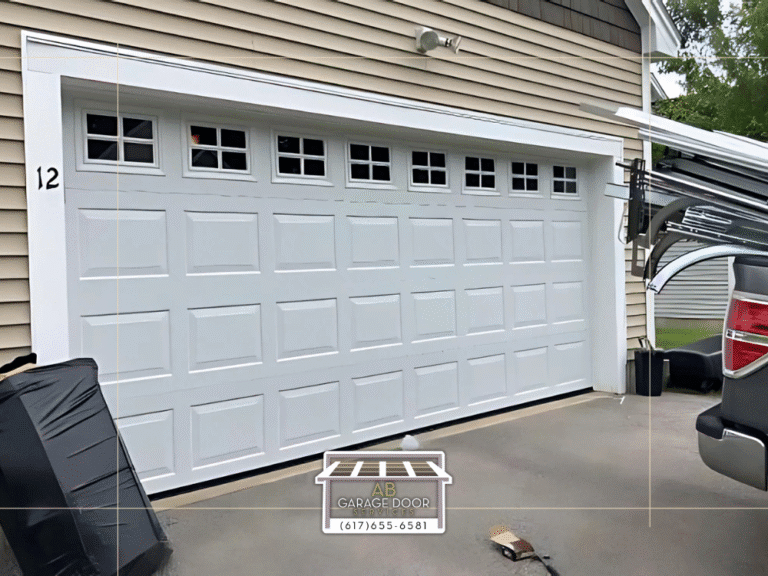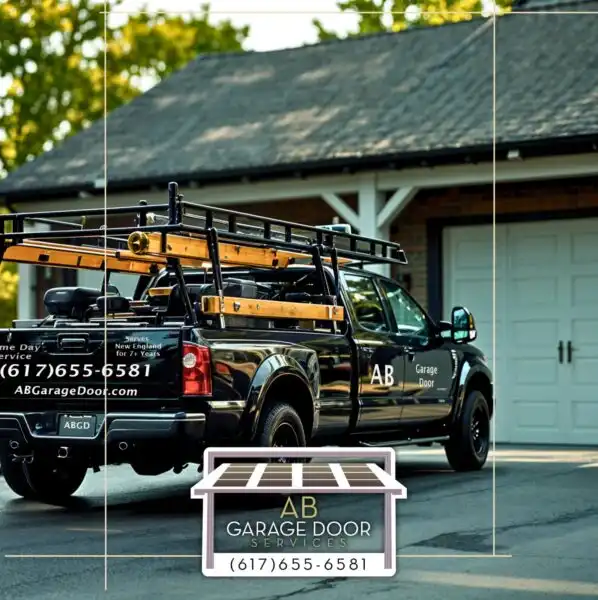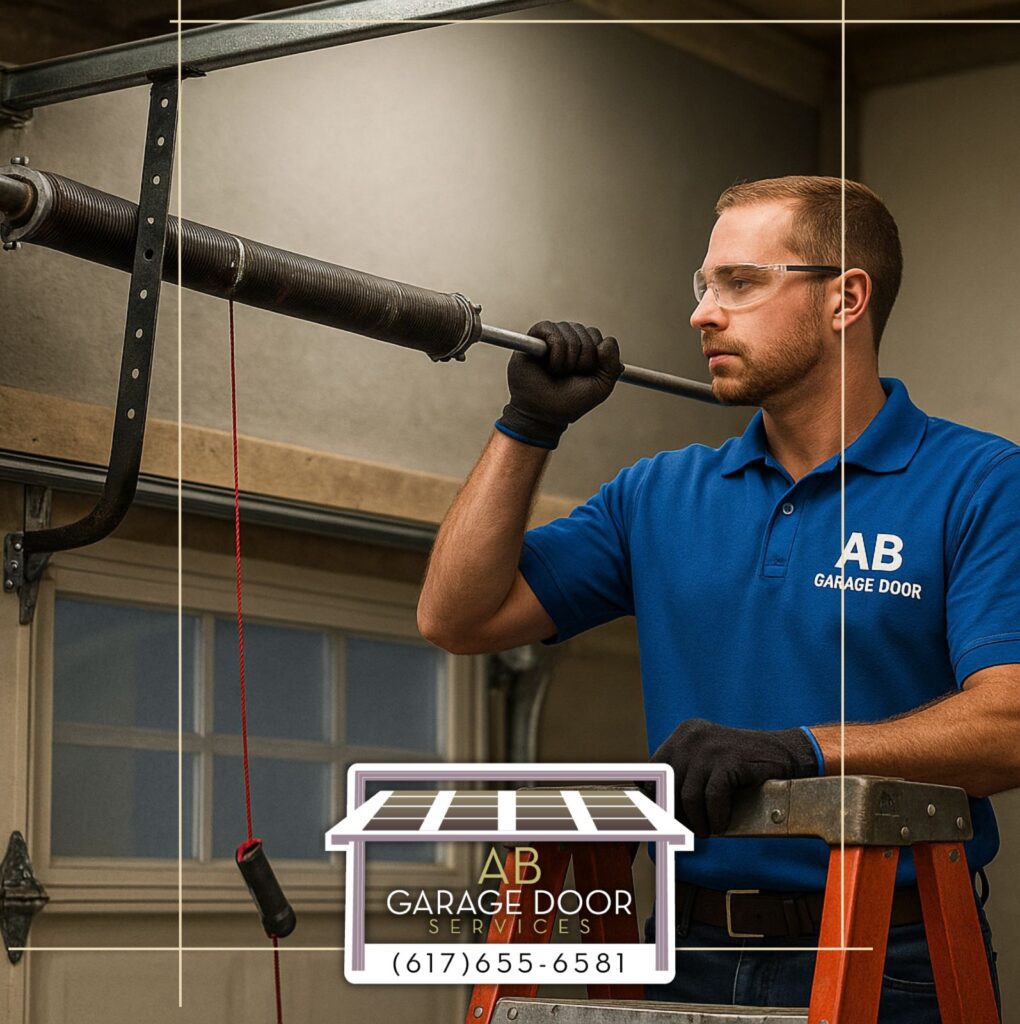Your garage door is more than just a functional entry point; it's a major part of your home's curb appeal. When it's time for a replacement or a new installation, one of the most important decisions you'll make is choosing the right material. The material affects everything from the door's appearance and durability to its insulation and maintenance needs.
This guide will walk you through the most common garage door materials available today. We’ll explore the unique features, benefits, and potential drawbacks of each one. By the end, you’ll have a clearer idea of which option best suits your home, climate, and lifestyle.
Steel is the most popular choice for garage doors, and for good reason. It offers a winning combination of durability, design flexibility, and value. Modern steel doors can be stamped with wood-grain patterns and finished in various colors, giving you the look of wood without the high maintenance.


Aluminum doors share many qualities with steel but are significantly lighter. This makes them easier on your garage door opener’s motor. They are often used for extra-wide double doors and are a popular choice for modern and contemporary homes, especially when paired with glass panels.
For timeless beauty and a classic, high-end look, nothing compares to a real wood garage door. Available in a variety of species like cedar, redwood, and fir, wood doors can be crafted in custom designs to perfectly match your home’s architectural style.
If you love the look of wood but not the maintenance, wood composite is an excellent alternative. These doors are made from recycled wood fibers and durable resins, pressed into a core and covered with a wood-grain overlay.
Fiberglass garage doors are another great option for mimicking the look of wood. They are constructed with a steel frame and a fiberglass surface molded to look like wood grain. The core is typically filled with polyurethane insulation.
Full-view glass and aluminum garage doors offer the ultimate in modern, sophisticated style. They create a seamless transition between your indoor and outdoor spaces and fill your garage with natural light.
Vinyl garage doors are known for being incredibly durable and requiring almost no maintenance. They are built with a PVC exterior over a steel frame and are often insulated.
Choosing the best garage door material comes down to balancing your priorities.
Take the time to weigh the pros and cons of each material against your home’s style, your local climate, and your personal budget. A new garage door is a significant investment that can enhance your home’s beauty and functionality for years to come.

Choosing a new garage door is a significant decision that affects your home’s appearance, security, and value. By understanding the strengths of top brands like Clopay, Amarr, and Wayne Dalton, you can make an informed choice that fits your needs. Whether you prioritize cutting-edge design, robust security features, or smart home connectivity with a LiftMaster opener, there is a perfect solution waiting for you.
Ready to take the next step? Contact our experts today. We can help you navigate the options and provide a professional garage door installation that will serve you well for years to come.

HQ: 20 Cooper St, Waltham, MA, 02453
(617) 655-6581
8AM-8PM Sunday - Friday